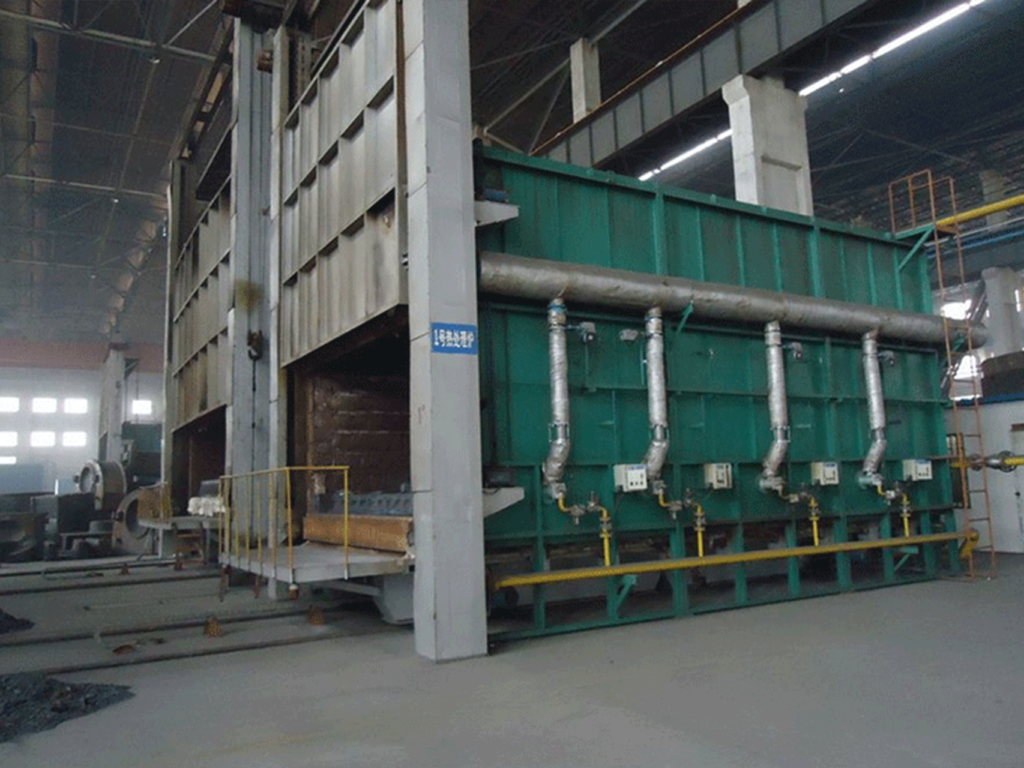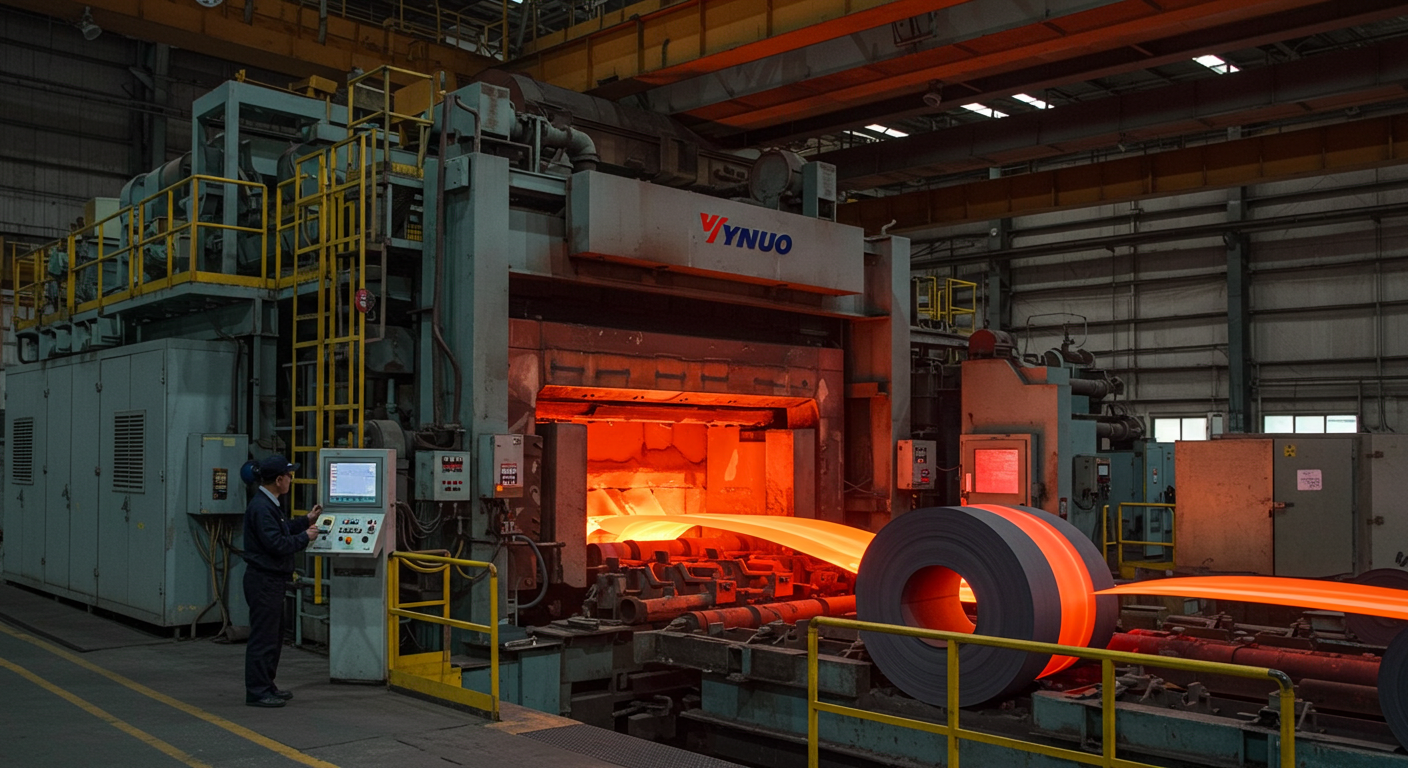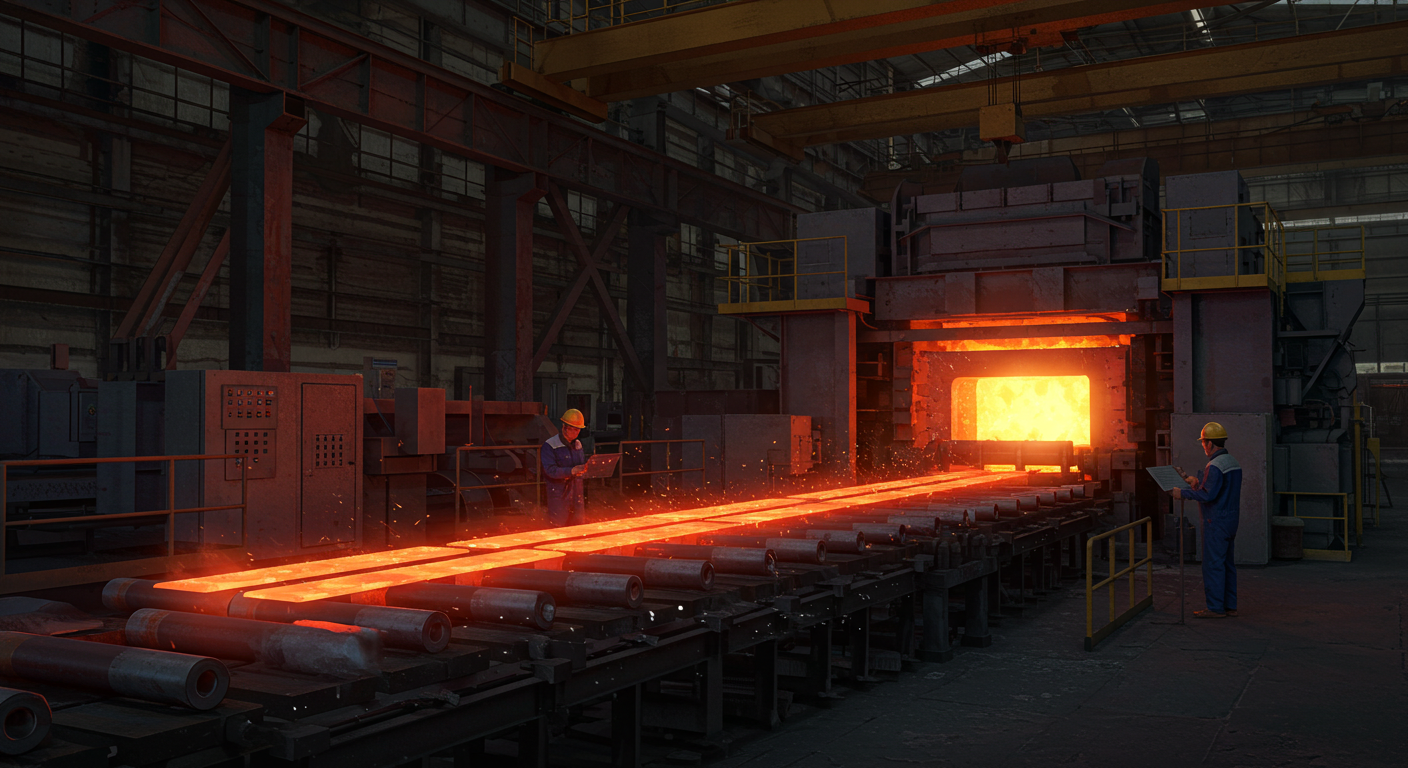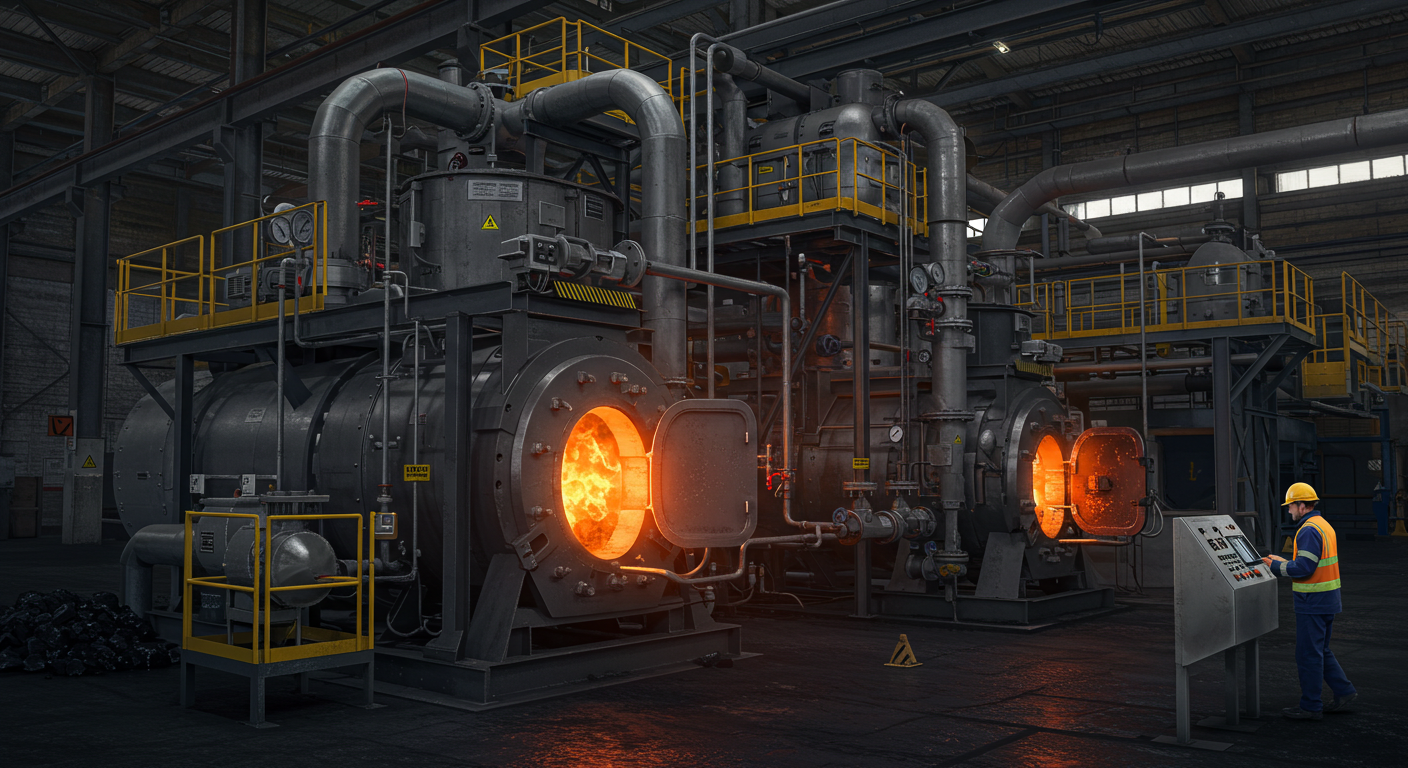When it comes to the world of metalworking and manufacturing, achieving the desired mechanical properties and structural integrity is of paramount importance. One crucial process that plays a significant role in this regard is thermal annealing. A thermal annealing furnace is an indispensable tool for heat treatment.
Thermal annealing is a vital process that can transform raw materials into high-performance components. JiangSu YiNuo Thermal Energy Technology Co., Ltd’s dedication to innovation and quality in the field of thermal annealing furnaces is a testament to the importance of this technology. As industries continue to advance, their expertise will be crucial in unlocking the full potential of metals for various applications, ensuring a brighter and more resilient future.
What is a Thermal Annealing Furnace?
Thermal annealing furnace is specialized machines used to heat materials to specific temperatures and maintain those temperatures for precise durations. This controlled heating process has applications in a wide range of industries, including electronics, aerospace, and metallurgy. The primary objectives of using thermal annealing furnaces are to reduce internal stresses, increase material ductility, and optimize the microstructure of the material.
Custom Thermal Annealing Furnace: Key Components and Operation
To comprehend how thermal annealing furnaces work, it’s essential to understand their key components and their basic operation. These furnaces typically consist of the following elements:
1. Heating Elements: The heart of any thermal annealing furnace is its heating system. Electric resistance heating elements, such as wire coils or graphite elements, are commonly used to generate the required heat. The choice of heating element depends on the specific application and the temperatures required.

2. Temperature Control System: Suitable temperature control is crucial in annealing processes. Advanced furnaces like those produced by JiangSu YiNuo Thermal Energy Technology Co., Ltd are equipped with sophisticated temperature control systems, often employing programmable logic controllers (PLCs) and thermocouples to ensure accurate temperature monitoring and adjustment.
3. Insulation: To conserve energy and maintain stable temperatures, thermal annealing furnaces are well-insulated. High-quality insulation materials reduce heat loss and help the furnace maintain a uniform temperature throughout the heating chamber.
4. Atmosphere Control: Some annealing processes require specific gas atmospheres to prevent oxidation or to create specific material properties. Furnaces may include gas injection or purging systems to control the atmosphere within the chamber.
5. Cooling System: After the annealing process is complete, a controlled cooling system is essential to avoid rapid temperature changes that could adversely affect the material. This can involve the use of cooling fans, water jackets, or other methods.
Applications of Thermal Annealing Furnace for Metals
1. Custom Thermal Annealing Furnace: Enhancing Material Properties
One of the primary applications of thermal annealing furnaces is enhancing the material properties of metals. This process involves heating the metal to a specific temperature and then allowing it to cool slowly. This controlled heating and cooling cycle eliminates defects and redistributes internal stresses within the metal, resulting in improved ductility and reduced hardness. This, in turn, makes the metal easier to work with and less prone to cracking during subsequent processing steps.
2. Custom Thermal Annealing Industrial Furnaces: Stress Relief
Stress relief is a critical application of thermal annealing in metalworking. When metals undergo machining, welding, or other forming processes, they often accumulate residual stresses. These stresses can weaken the metal and lead to premature failure. Thermal annealing helps in the relaxation of these stresses, thereby increasing the metal’s stability and reducing the risk of deformation or fracture.
3. Custom Thermal Annealing Furnace: Softening for Machining
In many manufacturing processes, metals need to be machined into precise shapes and sizes. However, some metals can be too hard for conventional machining operations. Thermal annealing is employed to soften the metal, making it more amenable to cutting, drilling, and other machining processes. This not only improves the efficiency of machining but also extends the life of cutting tools.
4. Custom Thermal Annealing Furnace: Grain Size Control
Control over the grain structure of a metal is crucial for achieving desired mechanical properties. Thermal annealing can be used to refine or coarsen the grain size of a metal, depending on the specific requirements. Smaller grains generally result in increased strength and hardness, while larger grains can enhance toughness and ductility. This grain size control is vital in industries such as automotive, where materials need to meet stringent performance standards.
5. Custom Thermal Annealing Furnace: Recrystallization
Recrystallization is a unique application of thermal annealing, primarily employed in the metallurgy field. It involves heating the metal to a temperature where new, strain-free grains nucleate and grow within the material. This process can be used to eliminate cold work effects, improve electrical conductivity, and create a more uniform microstructure, essential for applications in electronics and electrical engineering.
6. Custom Thermal Annealing Furnace: Annealing in the Automotive Industry
One of the most prominent industries benefiting from thermal annealing furnaces is the automotive sector. Metals used in vehicle components, such as engine parts and chassis, undergo thermal annealing to ensure they meet strict safety and performance standards. By improving the material properties, thermal annealing contributes to the durability and reliability of automotive components.
7. Custom Thermal Annealing Furnace: Applications in Heavy Machinery
The construction and heavy machinery industry relies heavily on metals with exceptional strength and toughness. Thermal annealing plays a pivotal role in achieving these properties. For instance, annealed steel plates are used in the fabrication of bulldozer blades and excavator buckets, where the ability to withstand heavy loads and impacts is crucial.
8. Custom Thermal Annealing Furnace: The Importance of Tool and Die Manufacturing
Tool and die manufacturing requires precision and durability. Thermal annealing is used to optimize the hardness and wear resistance of tool steels, ensuring that they can withstand the rigors of continuous use in shaping and forming other materials.
Conclusion
Thermal annealing furnace for metals is indispensable tools that have found applications across various industries. These furnaces, exemplified by the products manufactured by JiangSu YiNuo Thermal Energy Technology Co., Ltd, have revolutionized the way metals are treated and processed. Whether it’s improving material properties, reducing stress, or enabling precise machining, thermal annealing plays a vital role in enhancing the quality and performance of metal components in countless applications, driving progress in industries around the world.







